Nowadays, in industrial automation, just focusing on PLC, HMI, and SCADA is not enough. With the advent of IOT and Industry 4.0, there are many different courses and knowledge bases that need to be covered by a PLC programmer to become more experienced and stay connected with the real-time operations right now.
Top Non-PLC Certification Courses

For this purpose, it is necessary for the programmers to understand what the current top certificates which are not related to PLC, but are in great demand for the next course of jobs. In this post, we will see the top non-PLC-based certifications for PLC programmers.
CompTIA Network+
It stands for Computing Technology Industry Association. It is a very basic course that sounds simple, but covers all the techniques related to networks regarding troubleshooting, IP addressing, subnets, network devices, cables, network topologies, and security. Due to this, the programmer can deal with any kind of networking and diagnose the issues in it. With this course, you can land a job as an IT support manager, network administrator, systems administrator, or data centre administrator, which will distinguish you from a normal automation job and give you more diverse options to deal with. Basically, as IoT uses networking, this course will help you deal with both networking and automation in a flexible way.
Six Sigma
This course basically deals with manufacturing and quality assurance. Six Sigma is a method to reduce defects in such a way that 99.9% of your products are defect-free every time in your manufacturing and business operations. Sigma means one standard deviation from the data, and so, six Sigma means six standard deviations. You can ensure that your product falls within these 6 standard deviations, and thus remains defect-free every time during manufacturing. Similar to martial arts, this course is divided into the following five belts: white, yellow, green, black, and master black. With each increasing belt, you learn the increasing framework, control charts, process capabilities, waste reduction techniques, statistical tools, and root cause analysis. For automation, the programmers can improve machine efficiency, reduce bugs and downtime, be more precise with predictive maintenance, and help in smart troubleshooting.
Certified Automation Professional (CAP)
The CAP course is provided by ISA (International Society of Automation), and with this certificate, the individual can excel in all the fields of safety, instrumentation, process control, and thus become a complete automation professional. He can then get a job in any department, from design to application to documentation and control manufacturing. It usually covers standards related to ISA, IEEE, NEC, NEMA, FEMA, and OSHA. As these standards are the base of industrial automation, gaining knowledge in such standards makes individuals complete automation professionals.
Cloud Computing as an AWS certification
Amazon Web Services, or AWS, is a global name in cloud computing and server management. So, getting a certificate from this organisation in cloud computing matters a lot. As IoT is all about fetching data from field levels, whether smart or non-smart, and logging this data in the cloud, the businesses get very advanced maintenance schedules and reliable plant operation automatically. With this certificate, a programmer can become a cloud practitioner, an AI practitioner, a certified machine learner, a certified solutions architect, and a certified data engineer. Then be it is any amount of data or a complex database, the engineer can ensure secure cloud communication and handle the whole business operation very smoothly.
Data Analytics
As the name suggests, this course will deeply cover all the methods related to collecting, processing, and analysing data from all the industrial automation levels. And as the data is handled by various databases like SQL server, for example, a certificate in this course will ensure that the programmer then learns databases, visualization tools like Power BI, Tableau, etc., Python scripting, machine learning, and industrial analytics. Due to this, he can then control the plant as and how he requires, and also present the data in a very tactical and optimised manner.
To simplify further, we will now summarise all the points from start to end:
- Cover courses related to cloud computing.
- Cover courses related to cybersecurity.
- Cover courses related to advanced networking.
- Cover courses related to data management.
- Cover courses related to project management and advanced manufacturing.
- Cover courses related to functional safety.
There are various organizations that give these certificates, so there are options for programmers to choose from. As we end this discussion, and maybe if you read this post after four years, new skill sets will come to the market. So, it is always important to stay updated with the latest trends and explore accordingly. Businesses will not hire you unless you prove you are in tandem with the current market scenario. In this way, we saw the top non-PLC-based certifications for PLC programmers.
Read Next:
- PLC Programmer Salary and Future Career Scope
- Safety Considerations in PLC System Design
- Which Language is Best for PLC Programming?
- Commissioning Documents for Instrument Engineers
- Site Commissioning Steps for PLC Programmers
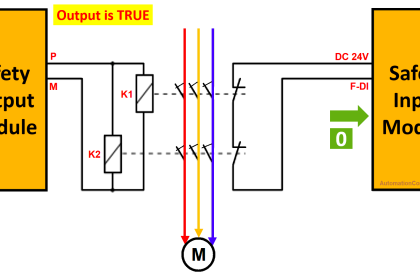
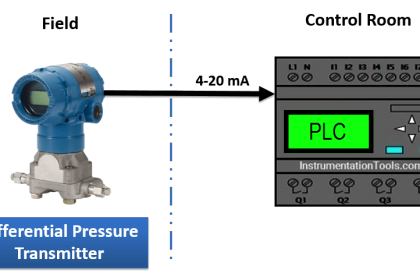
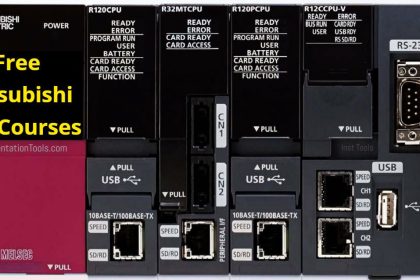
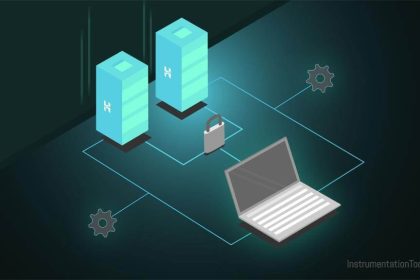

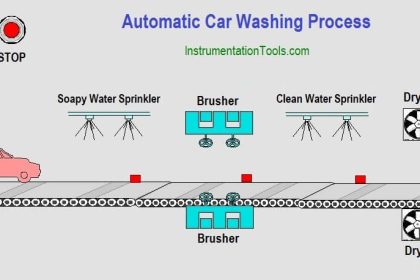
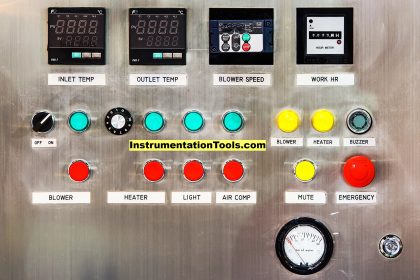




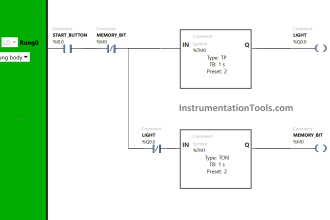


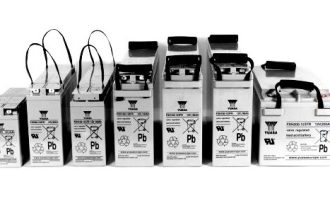
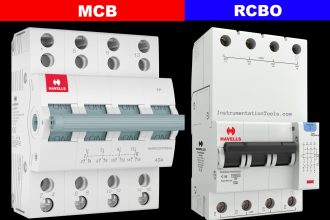

I’m an Instrumentation technician, I want to learn more and deeper about PLC programming
iam instrumentation technic i want to learn more and recive certificate
i want to learn more
It would be nice to list places that give the training for these certificates.